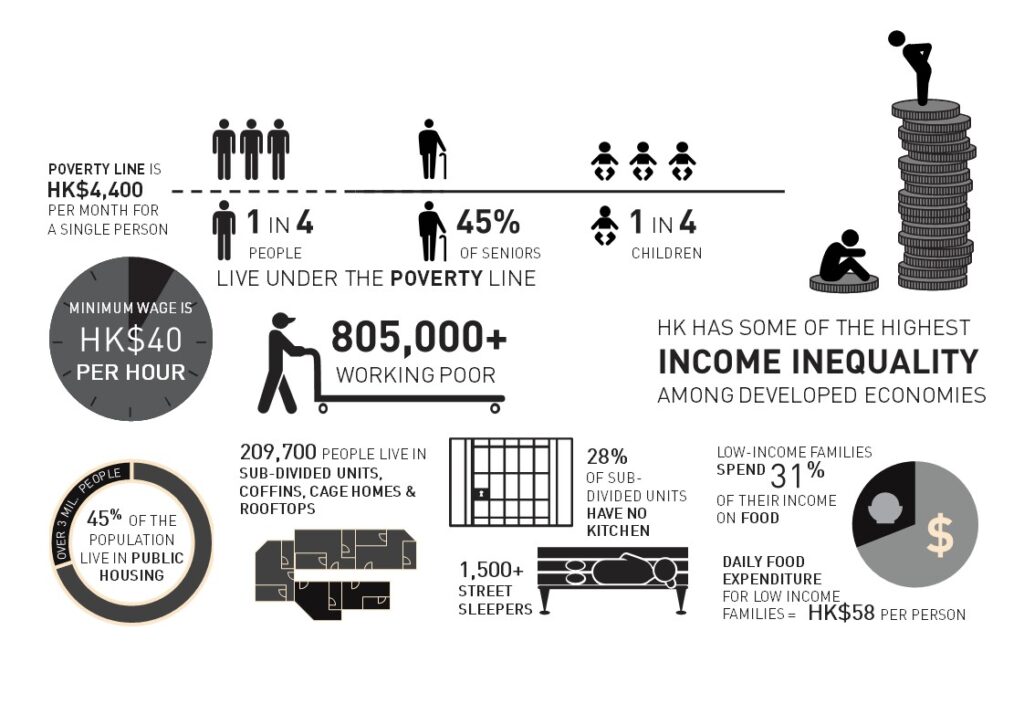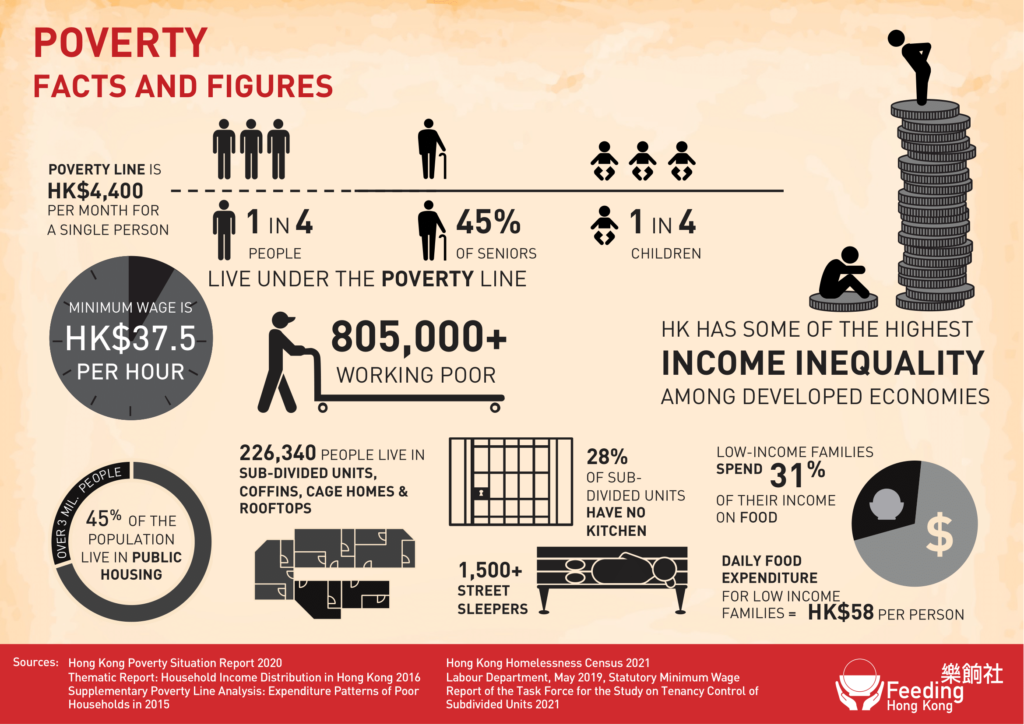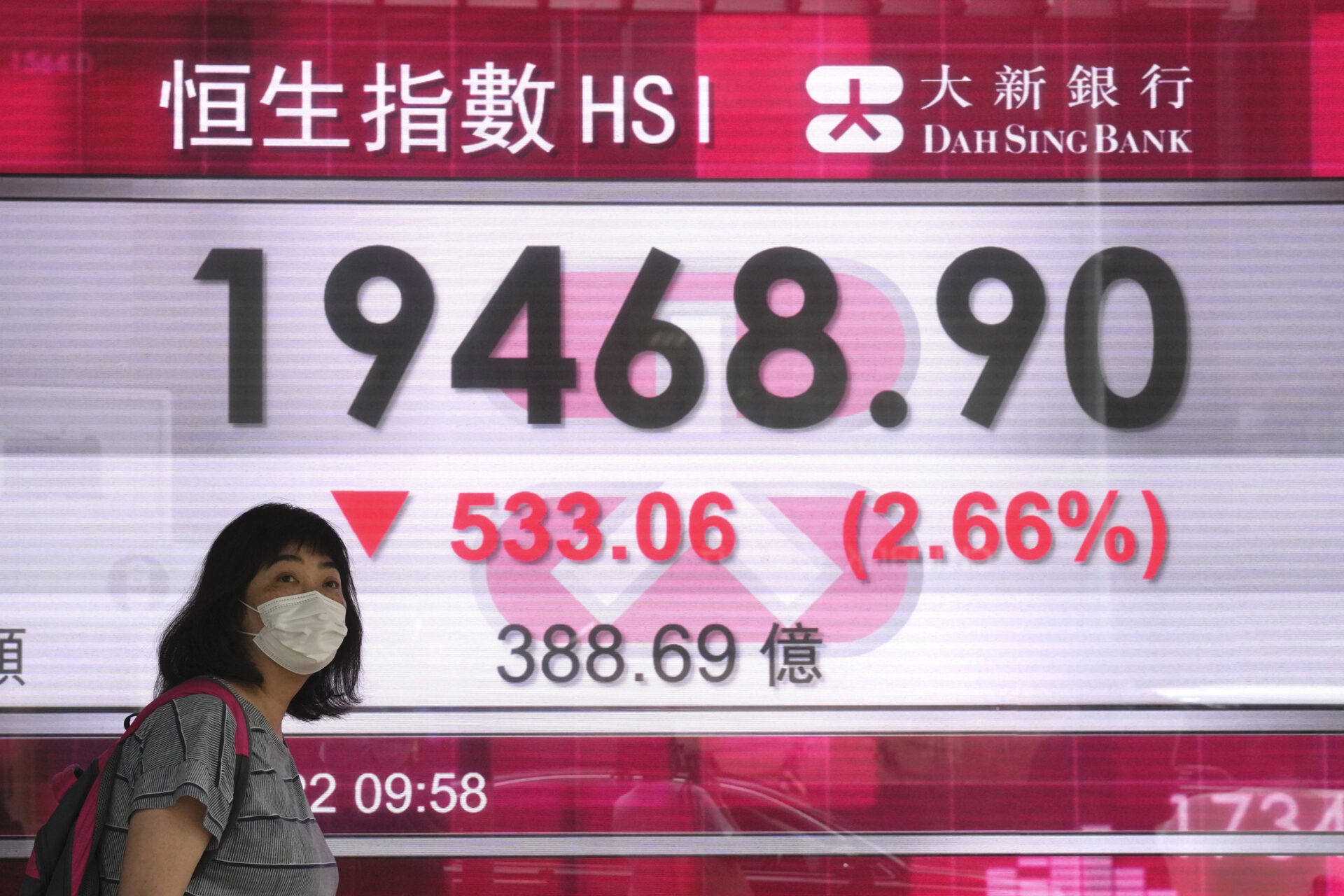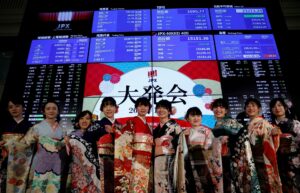The Hang Seng index, one of the key benchmarks of the Hong Kong stock market, has recently experienced a significant decline. With Hang Seng index futures pointing towards a fifth straight session of losses and reaching new lows at 18,522, the market sentiment is increasingly cautious. This article aims to provide a detailed analysis of the current state of the Hang Seng index, its underlying causes, implications for the stock market, potential opportunities, and a comparison with the previous year’s statistics.
Table of Contents:
- Overview of Hang Seng’s Recent Performance
- Factors Contributing to the Decline
- Implications for the Stock Market
- Potential Opportunities in the Future
- Comparison with Last Year’s Statistics
- Fundamental Outlook for Hang Seng
- Technical Analysis of Hang Seng Index Futures
- Core Inflation Decline and Its Impact
- Conclusion

Overview of Hang Seng’s Recent Performance
The Hang Seng index, composed of the largest and most actively traded companies listed on the Hong Kong Stock Exchange, has been under pressure in recent sessions. The index closed at 18,551.11 on Monday, reflecting the ongoing downward trend. Over the past month, the Hang Seng has experienced a decline of 5.2%, marking a notable downturn in the market.
Factors Contributing to the Decline
Several factors have contributed to the decline of the Hang Seng index. Firstly, concerns over global economic conditions, including trade tensions between major economies and the potential impact on Hong Kong’s export-dependent industries, have weighed on investor sentiment. Additionally, the ongoing political uncertainties and protests in Hong Kong have raised concerns about the city’s stability and its impact on the financial markets. Furthermore, the recent increase in US interest rates and the strength of the US dollar have put pressure on emerging market currencies, including the Hong Kong dollar.
Implications for the Stock Market
The decline in the Hang Seng index has broader implications for the stock market as a whole. Investor confidence may be eroded, leading to increased volatility and potential sell-offs across various sectors. Furthermore, a prolonged downturn in the Hang Seng index can negatively impact market sentiment and consumer spending, affecting overall economic growth.

Potential Opportunities in the Future
While the Hang Seng index has faced downward pressure, there may be potential opportunities amid the current market conditions. The decline in stock prices could present attractive entry points for long-term investors seeking value investments. Industries less affected by global trade tensions, such as technology and healthcare, may offer promising prospects. Additionally, initiatives promoting innovation and entrepreneurship in Hong Kong, such as the development of the Greater Bay Area, could open up new opportunities for businesses and investors.
Comparison with Last Year’s Statistics
To gain a deeper understanding of the Hang Seng index’s current performance, a comparison with the same period last year is crucial. In the corresponding period last year, the Hang Seng index stood at 27,852, indicating a significant decline over the past year. The decline can be attributed to a combination of global economic uncertainties, political unrest, and external factors affecting the Hong Kong market.

Fundamental Outlook for Hang Seng
Despite the current challenges, the long-term fundamental outlook for the Hang Seng index remains positive. Hong Kong’s strategic location, strong financial system, and connectivity to the mainland Chinese market provide a solid foundation for future growth. The implementation of various government initiatives to diversify the economy and attract foreign investment, such as the Stock Connect programs, further support the positive outlook.
Technical Analysis of Hang Seng Index Futures
Technical analysis can provide valuable insights into the short-term trends and potential reversal points for the Hang Seng index. Traders and investors often utilize chart patterns, moving averages, and key support and resistance levels to make informed decisions. Currently, the Hang Seng index futures are testing significant support levels around 18,500, indicating a crucial juncture for the market. A break below this level could signal further downside, while a rebound from this support zone may suggest a potential reversal.

Core Inflation Decline and Its Impact
Core inflation, a key economic indicator, measures the change in prices of goods and services excluding volatile components such as food and energy. The decline in core inflation to 6.3% and 5.5% has significant implications for the Hong Kong economy. It suggests a moderating inflationary environment, which could alleviate pressure on consumer spending and potentially lead to accommodative monetary policies. Lower inflation can also provide relief to businesses, reduce production costs, and enhance overall economic stability.
In addition to analyzing core inflation, it is crucial to consider the overall inflation rate and its impact on the Hang Seng index. In Hong Kong, the inflation rate plays a significant role in shaping economic conditions. Currently, the inflation rate in Hong Kong is relatively moderate, with recent data indicating a decline in consumer prices. This decline can be attributed to various factors, including subdued global commodity prices and reduced demand due to ongoing economic challenges.
The lower inflation rate has both positive and negative implications for the Hang Seng index. On the positive side, lower inflation can contribute to increased purchasing power for consumers, as the cost of goods and services remains relatively stable. This can boost consumer confidence and stimulate spending, which could have a positive impact on businesses and, subsequently, the stock market.
On the other hand, a decline in inflation may also reflect weaker demand and economic growth. It can indicate subdued business activity and reduced pricing power for companies. This can lead to lower profitability and potentially weigh on the performance of the Hang Seng index.
Alongside inflation, it is essential to examine the unemployment rate as it provides insights into the labor market and overall economic health. In Hong Kong, the unemployment rate has been affected by the challenging economic conditions. The unemployment rate may impact consumer spending, investor sentiment, and the performance of the stock market. Higher unemployment rates can lead to decreased consumer confidence, reduced purchasing power, and lower business revenues, which can, in turn, affect the Hang Seng index’s performance.
By monitoring both inflation and unemployment rates, investors can gain a more comprehensive understanding of the economic landscape and its potential impact on the Hang Seng index. These factors, when analyzed in conjunction with other economic indicators, can assist investors in making informed decisions and identifying potential investment opportunities.
Conclusion
In conclusion, the Hang Seng index is facing a challenging period, with index futures indicating continued losses. Factors such as global economic uncertainties, political unrest, and external market conditions have contributed to the decline. However, amidst the current market conditions, there are potential opportunities for long-term investors. By considering both fundamental and technical factors, as well as the decline in core inflation, investors can gain insights into Hang Seng’s outlook and make informed investment decisions in the Hong Kong market.





